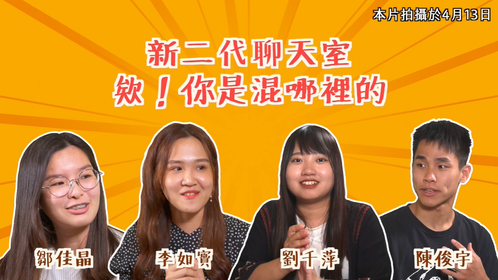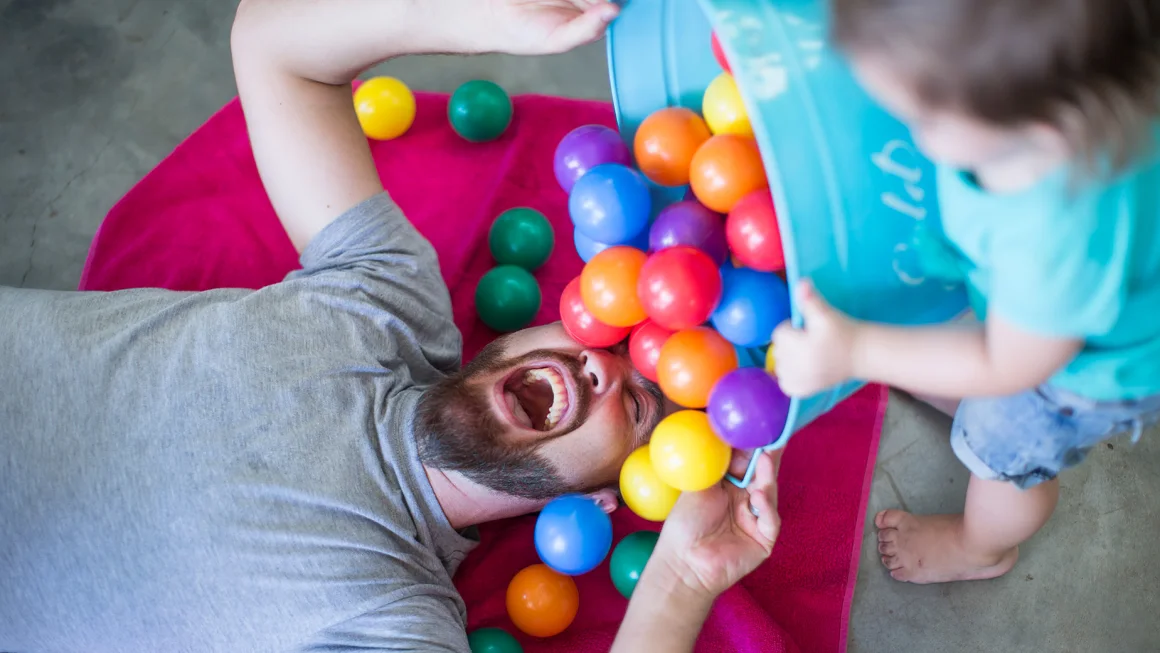The Telecom Foundation launched the new second-generation online chat room seminar "Stay in Taiwan, Southbound Heart". The new second generation immigrant from Vietnam Liu Chien-ping (劉千萍) served as the chat room host and invited Li Ru-pao (李如寶) and Chen Chun-yu (陳俊宇), who are also second-generation immigrants from Vietnam and Chou Chia-ching (鄒家晶), a new second generation immigrant from the Philippines. They discussed the experience of growing up in the culture of a transnational family in Taiwan, the issues with identity, and cultural differences.
Growing up in a transnational family, cultural conflicts are both interesting and difficult. Chou Chia-ching mentioned that her mother from the Philippines is a Catholic, while her father from Taiwan is a Taoist. Since she was a child in Taiwan, she burns incense to worship her ancestors, but when she goes back to the Philippines, she goes to church to worship. This left a very deep impression in her.
Li Ru-pao mentioned that before she went to high school, she had studied at a Taiwanese business school in Vietnam, receiving Taiwanese education and learning Chinese. But outside of school, she experiences the local culture of Vietnam. "I feel like I'm traveling between two worlds. Quite conflicting."
Read More: New Immigrant Children in New Taipei City: 383 Scholarships Awardees
2021 New Second Generation Chat Room: Hey! Where are you from? (The film is authorized by Chunghwa Telecom Foundation)
Identity is also a common dilemma for the second-generation mixed-race children. Li Ru-pao said that when she returned to Taiwan during the winter and summer vacations as a child, the cram school students had the impression that Vietnam is very backward. They even asked her: "Do you ride boats to go to school?" "Do you have Coke there?" "It made her hate her transnational identity for a while, and she felt out of place, and she was confused whether she is Vietnamese or Taiwanese.
Chen Chun-yu said that he grew up in Taiwan and returned to Vietnam only three times before high school. His mother wanted to teach him Vietnamese but he refused. However, after high school, he had a different way of thinking and felt that he should go back to Vietnam more often and start to study Vietnamese again. “This is a new kind of pressure. Everyone expects the new second generation to be bilingual. If the new second generation immigrant cannot speak Vietnamese, it is not a good impression, which is actually not the case."
Now, several new second generation immigrants have found their own direction. The host Liu Chien-ping (劉千萍) is studying for a master's degree in the National Taiwan University Graduate Institute of National Development (國立台灣大學國家發展研究所) and is now an executive director of the Trans Asia Sisters Association, Taiwan (TASAT, 南洋台灣姐妹會).
Chen Chun-yu is studying in the Department of Children's English Education at National Taipei University of Education (國立臺北教育大學-兒童英語教育學系). He hopes to teach the children multicultural views in the future, and while teaching English, children can also learn to respect other languages and cultures. Chou Chia-ching is studying for a master's degree from National Yang Ming Chiao Tung University (國立陽明交通大學). She is also the store manager of the "Halo Halo Southeast Asian Cultural Base" (Halo Halo東南亞文化基地). She has made many documentaries about the new residents returning to their hometowns. Li Ru-pao is studying in the Department of Political Science at National Taiwan University (國立台灣大學政治學系). She and her friends developed a board game called "Vietnamese Cooking" (越食煮意), hoping to let the new second generation and more Taiwanese learn about the culture of their mother's home country.







